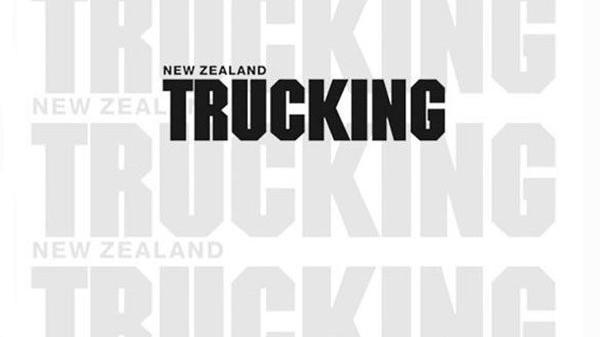Industry must take a stand on compliance

It will come as no surprise that truck drivers work long hours, but news that a driver recently admitted driving for 23 hours in one day and others to working more than 120 hours a week has sheeted home the challenges many drivers in our industry face.
The driver shortage has resulted in many small operators having trouble attracting and keeping staff. Regardless of the size of the company, trucking is a highly competitive industry with low margins. Anything that has an impact on delivery times has a direct effect on profit, and for some, there is the temptation to do what it takes to get the job done, even if that means breaking the law.
The Road Transport Forum promotes an industry of high safety standards. We do not condone operators and drivers who are deliberately, or negligently, non-compliant with transport and safety laws.
We understand the growing concern about the customer and supply chain pressures that drivers face. We believe this is linked to many instances of non-compliance, which is why we have raised the need for an industry accord with the government. We all need to consider the major challenges facing our industry and create a safer operating environment by addressing them.
Because of the chain of responsibility and new health and safety obligations, it’s not just your employer or client who influences you and your safety and how you go about your job, it’s all the other people in the chain. It’s the depots you visit to pick up and drop off, it’s the customers who are buying your service – often at very competitive rates – and it’s the consumer who demands their goods arrive as soon as possible.
An industry accord that takes these factors into account and meets the government’s requirements can help ensure an industry that is safe, compliant and attractive to young people looking for their next career move.
Many smaller players also need representation. It can’t just be about getting the big guns in the room. We need a platform that looks at skills and labour shortages, rates, and how to remain competitive while also lifting standards.
The transport industry must also take unilateral measures to maximise and improve safety for its workers and for all road users, which is why the RTF strongly supports the staged introduction of electronic logbooks.
We want all drivers to return home safely at the end of their workday, and we believe the introduction of electronic logbooks with GPS will eliminate opportunities for logbook discrepancies and cheating. The technology already exists and is used both voluntarily and mandatorily here and overseas.
We know that drivers working longer than they should compromise their safety and the safety of other road users. Like many other sectors of our economy (think agriculture), road transport operates on a social licence. We need to read the tea leaves and understand that we must show the government, the general public and prospective employees a willingness to do what it takes to drive change.
The RTF has been preparing for the changing landscape and has launched the industry’s training programme, Te ara ki tua Road to success. But we know we need to focus on more than just training. We need a safe and compliant industry focused on the future and invested in solving its issues rather than waiting for the big hand of government to make the rules for us.




